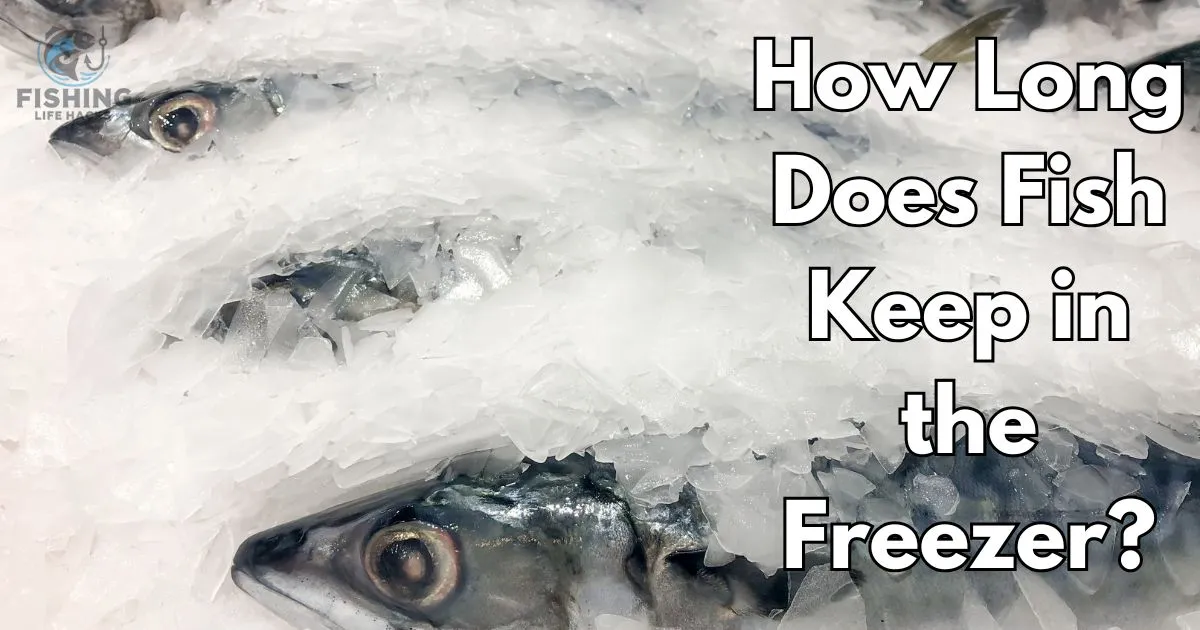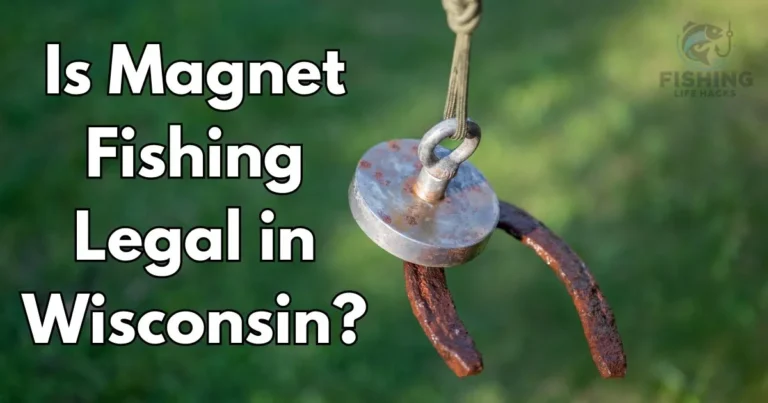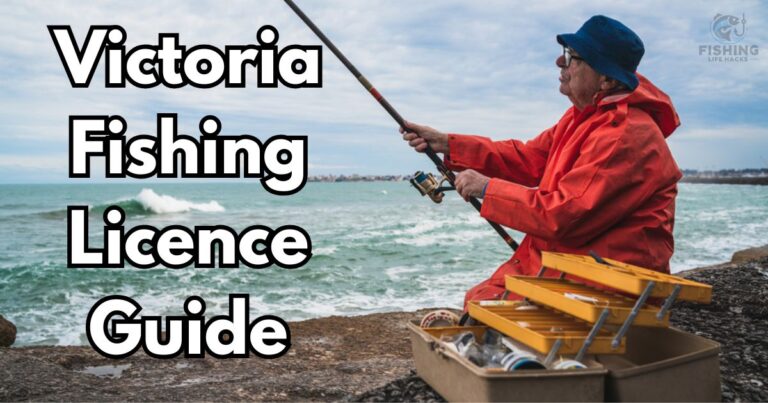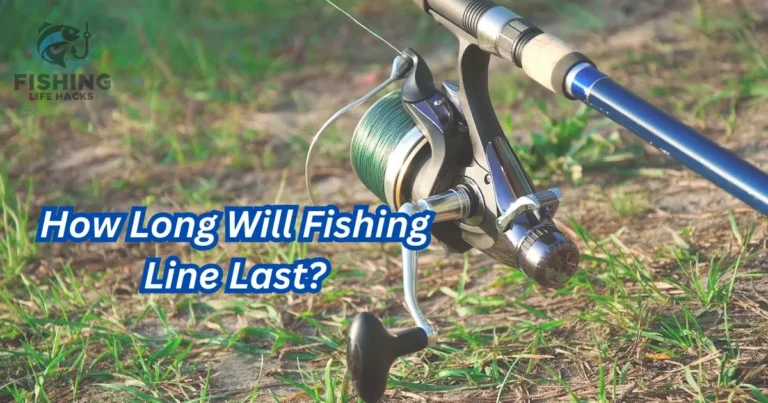How Long Does Fish Keep in the Freezer? Complete Guide

Keep fish in the freezer is a great way to preserve its freshness, but knowing how long it lasts in the freezer is crucial. The duration varies based on factors like the type of fish, its fat content, and how it’s stored. Proper packaging and freezer management can significantly extend its shelf life. In this article, we’ll explore how long fish can stay frozen, the best storage practices, and how to recognize when it’s no longer safe to eat. Keep reading to learn more about ensuring your fish stays fresh and flavorful.
Factors Affecting Fish Freezing Duration
Several factors influence how long fish can stay fresh in the freezer. Understanding these can help you maximize its shelf life and quality.
Type of Fish
Different types of fish have varying freezing durations. Lean fish like cod or haddock can last up to 6 months, while fatty fish like salmon or mackerel should ideally be consumed within 3 months to maintain flavor and texture.
Fresh vs. Frozen Fish
Fresh fish, when frozen, often retains its quality for a shorter period compared to fish that’s frozen immediately after being caught. Fish that is flash-frozen on boats or at processing facilities tends to last longer, preserving its texture and flavor.
Fat Content
Fish with higher fat content, like salmon, tend to spoil faster in the freezer compared to lean fish. The fat can become rancid over time, affecting both the taste and texture. It’s best to consume fatty fish within a few months of freezing for optimal quality.
Proper Packaging and Storage Techniques
To maximize the freshness and longevity of fish in the freezer, proper packaging and storage are essential.
Vacuum Sealing
Vacuum sealing is one of the best methods to store fish for long periods. It removes air, preventing freezer burn and preserving the fish’s quality. By sealing the fish tightly, you reduce exposure to oxygen, which helps maintain its flavor, texture, and nutritional value. Vacuum-sealed fish can last up to 6 months or longer, depending on the type.
Freezer Bags
Freezer bags are another effective storage option. They are designed to withstand low temperatures and help protect fish from freezer burn. To use them effectively, remove as much air as possible before sealing the bag. While freezer bags won’t provide the same airtight seal as vacuum sealing, they can still preserve fish for 3 to 6 months, depending on the type.
Temperature Considerations
The temperature of your freezer plays a significant role in how long fish will stay fresh. Fish should be stored at 0°F (-18°C) or lower to maintain its quality. Keeping the freezer consistently at the right temperature ensures that fish remains safe to eat and doesn’t develop freezer burn. Avoid frequent temperature fluctuations, as they can shorten the fish’s shelf life.
Signs of Spoiled Fish in the Freezer
Even when frozen, fish can spoil over time. Here’s how to identify signs of spoilage:
Visual and Textural Changes
Spoiled fish may develop freezer burn, which appears as dry, discolored patches on the surface. The texture of the fish might also become mushy or slimy once thawed. Fish that has been stored too long may also appear overly dry or cracked.
Odor Indicators
A sour or overly fishy odor is a strong indicator that the fish has gone bad. Fresh fish should have a clean, ocean-like scent. Any unpleasant or rancid smell after thawing means it’s best to discard the fish to avoid health risks.
Best Practices for Extending Freezer Life of Fish
Freezing Immediately
To maintain the best quality, freeze fish as soon as possible after purchase. Fresh fish starts to degrade quickly, and freezing it right away helps lock in its flavor and texture. If you’re not planning to cook it immediately, ensure it’s stored in the freezer within a few hours to avoid any loss in quality.
Portioning Fish
When freezing fish, it’s a good idea to portion it into meal-sized pieces. This prevents the need to thaw more than necessary, preserving the rest for later. Small, individually wrapped portions freeze faster and more evenly, which helps maintain the fish’s texture and flavor. Consider vacuum sealing or wrapping the portions tightly to reduce exposure to air and avoid freezer burn.e sure the fish was frozen in a refrigerator and it is not chilled to room temperature.
Frequently Asked Question
Conclusion
Freezing fish is an effective way to preserve its freshness for extended periods, but proper handling is key to maintaining its quality. By considering factors such as the type of fish, fat content, and how it’s stored, you can maximize its shelf life. Immediate freezing and portioning fish into smaller servings are simple yet effective strategies for maintaining its taste and texture. Following these best practices will ensure that your fish remains safe and enjoyable to eat, even months after freezing.






